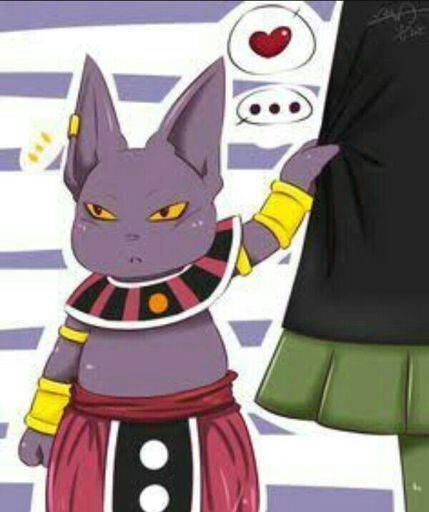For spanish speaking people, do male characters names ending with "a" seem weird?
Moderators: Kanzenshuu Staff, General Help
For spanish speaking people, do male characters names ending with "a" seem weird?
As most hispanics and spanish speaking people know, names or words that end with "a" in the spanish language are viewed as feminine.
In Dragonball, many male characters like Vegeta, Nappa, Freeza, etc. end with "a" despite being male characters.
How do the spanish language dubs handle this? Do spanish speaking countries find it strange male characters end with a feminine "a" in their names?
In Dragonball, many male characters like Vegeta, Nappa, Freeza, etc. end with "a" despite being male characters.
How do the spanish language dubs handle this? Do spanish speaking countries find it strange male characters end with a feminine "a" in their names?
Re: For spanish speaking people, do male characters names ending with "a" seem weird?
Masculine gender words derived from Latin’s first declension (-a) are rare but they still exist in the romance languages. The first character in DBZ is the shotgun wielding agricola, which has the masculine gender despite ending in -a (derived from Latin’s first declension). It’s unusual but Vegeta it doesn’t “feel” like a feminine name because it’s not a real name, and the pun is conspicuous.
Re: For spanish speaking people, do male characters names ending with "a" seem weird?
I've never heard of any Spanish anime dubs whose character names are changed for the sake of gender suffixes. Such kind of name changes are relatively rare even when it comes to the languages with noun case inflection, but the Lithuanian version is one of the few exceptions: Its almost all character names have the suffixes based on gender like Son Gokas, Vedžitas, Pikolas, and Čiče.
Re: For spanish speaking people, do male characters names ending with "a" seem weird?
It really isn't an issue, perhaps because it's clear they are not spanish-speaking characters. Italian names like Andrea already paved the way for accepting male names ending with an A. Females names like Maria are given to males in spanish as well.
It could be weird if the main male character was named Paula and had a hispanic background but again, coming from Japan it might not even be weird at all. Same goes for Seiya, Hyoga, Ryoga, Ranma, Shaka, Saga, Shura... no latin dub ever changed those names.
Freeza is Freezer, but probably to keep the pun in tune with the language, not to avoid any gender confusion.
The spanish dub actually calls Gohan "Son Gohanda", adding an A that was never there, which I always thought was a bad translation from "Son Gohan da" but Gohan speaks proper japanese, he says Gohan desu, not Gohan da, so my guess might be way off.
It could be weird if the main male character was named Paula and had a hispanic background but again, coming from Japan it might not even be weird at all. Same goes for Seiya, Hyoga, Ryoga, Ranma, Shaka, Saga, Shura... no latin dub ever changed those names.
Freeza is Freezer, but probably to keep the pun in tune with the language, not to avoid any gender confusion.
The spanish dub actually calls Gohan "Son Gohanda", adding an A that was never there, which I always thought was a bad translation from "Son Gohan da" but Gohan speaks proper japanese, he says Gohan desu, not Gohan da, so my guess might be way off.
- AlexSketchy04
- Beyond Newbie
- Posts: 117
- Joined: Sat Jul 18, 2020 6:02 pm
- Location: Texas
- Contact:
Re: For spanish speaking people, do male characters names ending with "a" seem weird?
It never seemed weird to be honest
-
dragonmagico
- Beyond Newbie
- Posts: 120
- Joined: Thu Aug 27, 2020 9:45 pm
Re: For spanish speaking people, do male characters names ending with "a" seem weird?
Not at all. There are some latin/romance language names for dudes that end in A as is. Plus we know its a show from a different country, their name conventions arent going to be like ours. and most importantly, the o/a "matters" mostly for non name words not names.
Re: For spanish speaking people, do male characters names ending with "a" seem weird?
An anthroponym identifies a person, grammatically it will have gender but semantically not.

